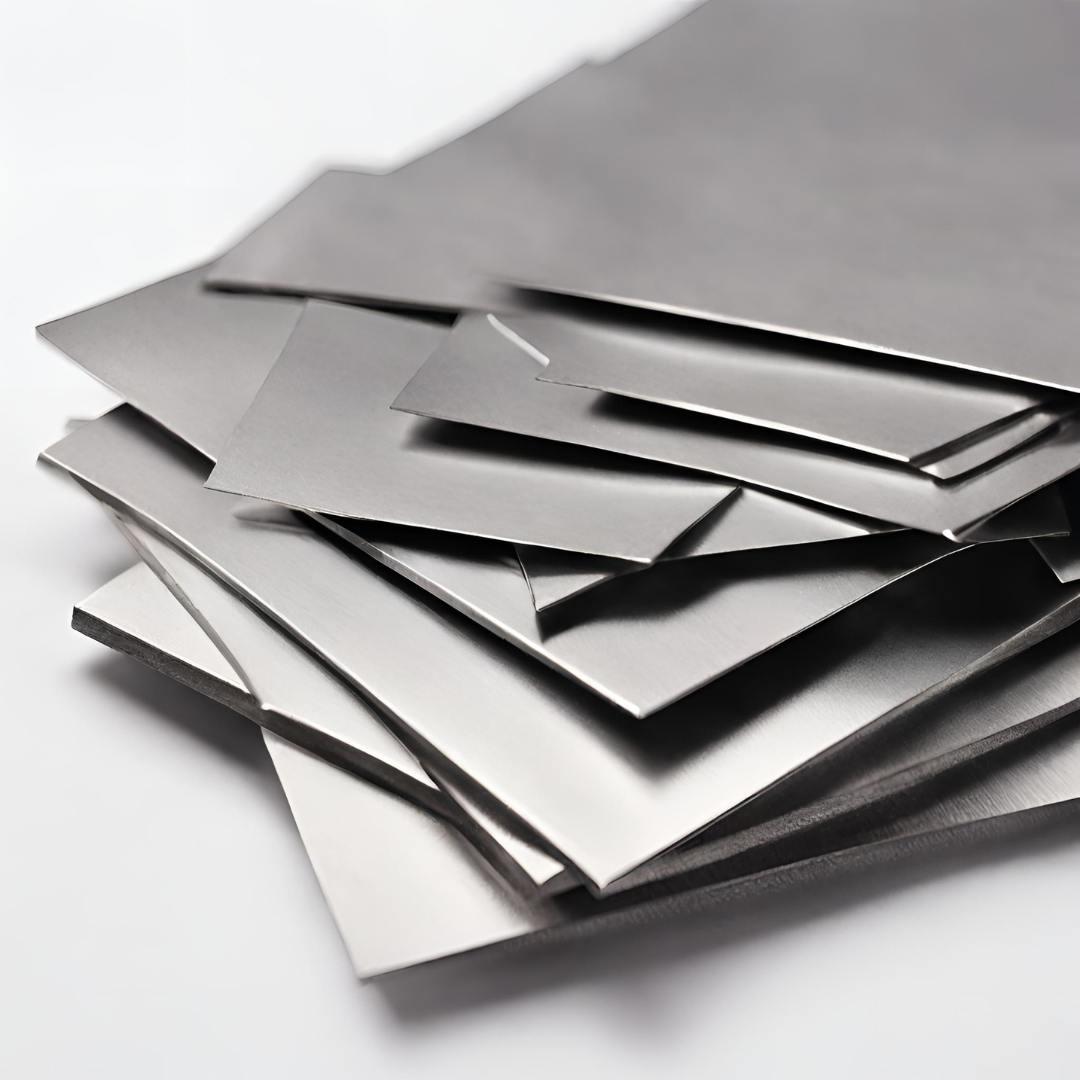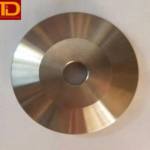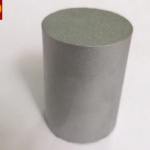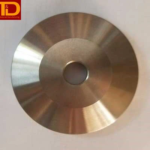Rhenium

Physical Properties
- Atomic Number: 75
- Atomic Weight: 186.207 u
- Density: 21.02 g/cm³
- Melting Point: 3186°C (5767°F)
- Boiling Point: 5596°C (10105°F)
- Crystal Structure: Hexagonal Close-Packed (HCP)
- Color: Silvery white metallic
Chemical Properties
- Oxidation States: +7, +6, +4, +3, +2 (most common are +7 and +4)
- Electronegativity: 1.9 (Pauling scale)
- Reactivity: Rhenium is relatively inert and resists oxidation and corrosion under most conditions.
- Corrosion Resistance: Excellent resistance to acids and alkalis.
Overview
Rhenium (Re) is a chemical element with the atomic number 75, located in group 7 of the periodic table. It is one of the rarest elements in the Earth’s crust and is characterized by its high density, high melting point, and exceptional heat resistance. Discovered in 1925 by Walter Noddack, Ida Tacke, and Otto Berg, rhenium is typically obtained as a byproduct of molybdenum and copper mining.
Uses of Rhenium
Rhenium’s unique properties make it essential in various high-tech and industrial applications, especially where extreme temperatures and harsh conditions are involved.
Superalloys
- Aerospace Turbines: Rhenium is used in high-temperature superalloys for jet engine components and gas turbines, providing enhanced creep resistance and strength.
- Industrial Gas Turbines: Used in superalloys for industrial gas turbines, which operate at high temperatures and pressures.
Catalysts
- Petroleum Refining: Rhenium catalysts are employed in the petroleum industry for processes such as catalytic reforming, which improves the octane number of gasoline.
- Chemical Reactions: Used in catalysts for hydrogenation and dehydrogenation reactions.
Electrical Contacts & Filaments
- Electrical Contacts: Rhenium’s excellent conductivity and resistance to wear make it suitable for electrical contacts in precision instruments.
- Thermocouples: Used in thermocouples for measuring high temperatures.
- Filaments: Employed in mass spectrometers and other high-temperature equipment due to its high melting point and stability.
Medical Applications
- Radioactive Isotopes: Rhenium isotopes, such as Rhenium-188, are used in medical applications for radiotherapy.
Advantages & Disadvantages of Rhenium
Advantages
- High Melting Point: One of the highest melting points among all elements, making it ideal for high-temperature applications.
- Strength and Stability: Exceptional strength and creep resistance at elevated temperatures.
- Corrosion Resistance: Excellent resistance to chemical attack, especially from acids and alkalis.
- Electrical Conductivity: Good electrical conductivity, suitable for high-performance electrical contacts and thermocouples.
Disadvantages
- Cost: Extremely expensive due to its rarity and the complex extraction process.
- Supply Constraints: Limited availability as it is primarily a byproduct of other mining processes.
- Machining Difficulty: Difficult to machine due to its hardness and brittleness.
Physical & Chemical Properties of Rhenium
| Property | Value |
|---|---|
| Atomic Number | 75 |
| Atomic Weight | 186.207 u |
| Density | 21.02 g/cm³ |
| Melting Point | 3186°C (5767°F) |
| Boiling Point | 5596°C (10105°F) |
| Crystal Structure | Hexagonal Close-Packed (HCP) |
| Common Oxidation States | +7, +6, +4, +3, +2 |
| Electronegativity | 1.9 (Pauling scale) |
Major Applications of Tantalum
| Application Area | Examples |
|---|---|
| Superalloys | Aerospace turbines, industrial gas turbines |
| Catalysts | Petroleum refining, chemical reactions |
| Electrical Contacts and Filaments | Electrical contacts, thermocouples, filaments |
| Medical | Radioactive isotopes for radiotherapy |
Rhenium is a critical metal in various high-performance applications due to its exceptional melting point, strength, and corrosion resistance. Its role in superalloys is particularly crucial for the aerospace industry, where it enhances the performance and longevity of jet engines and gas turbines. In the petroleum industry, rhenium catalysts play a vital role in refining processes, contributing to the production of high-octane gasoline. The electrical and medical fields also benefit from rhenium’s unique properties, with applications in high-temperature filaments, thermocouples, and radiotherapy isotopes. Despite its high cost and limited supply, the unparalleled properties of rhenium ensure its continued demand in advanced technological and industrial applications.








